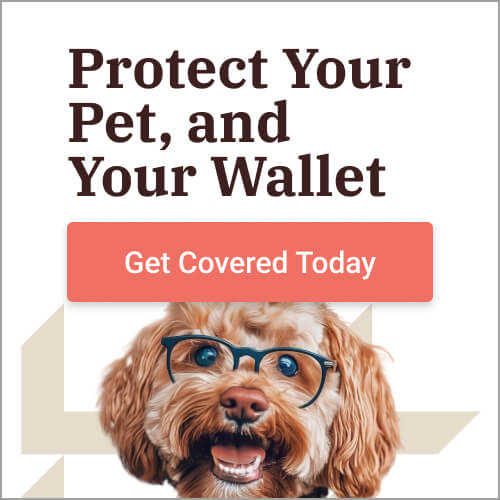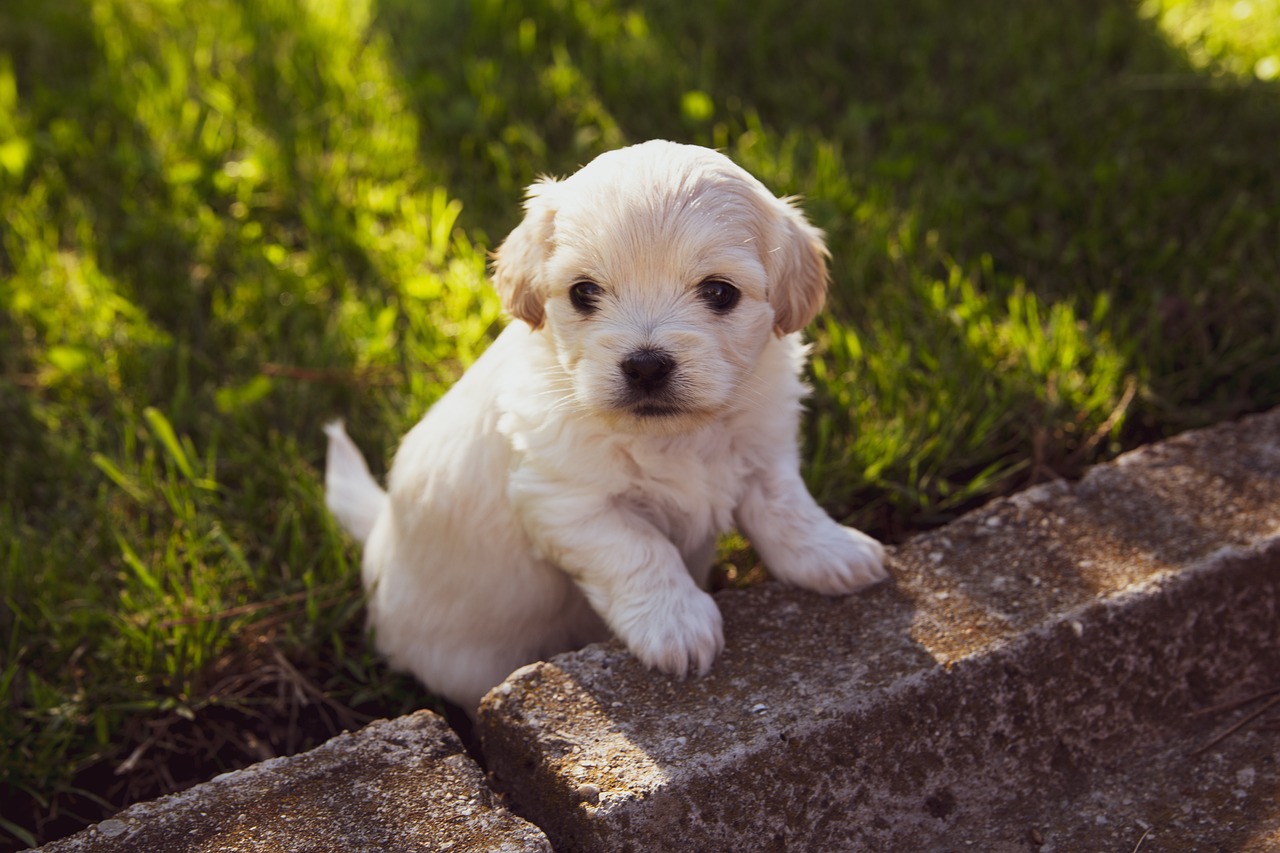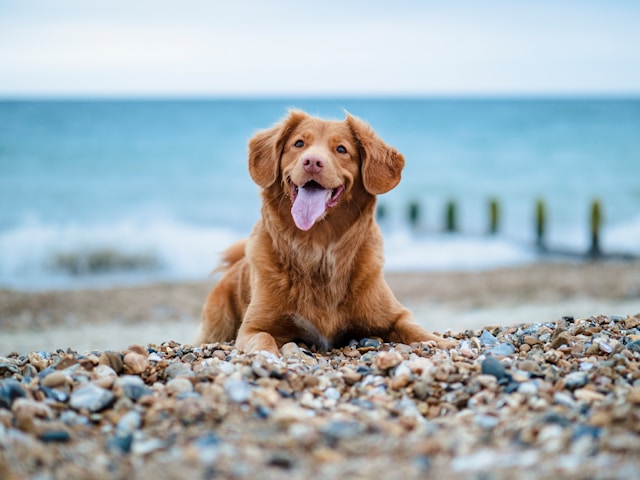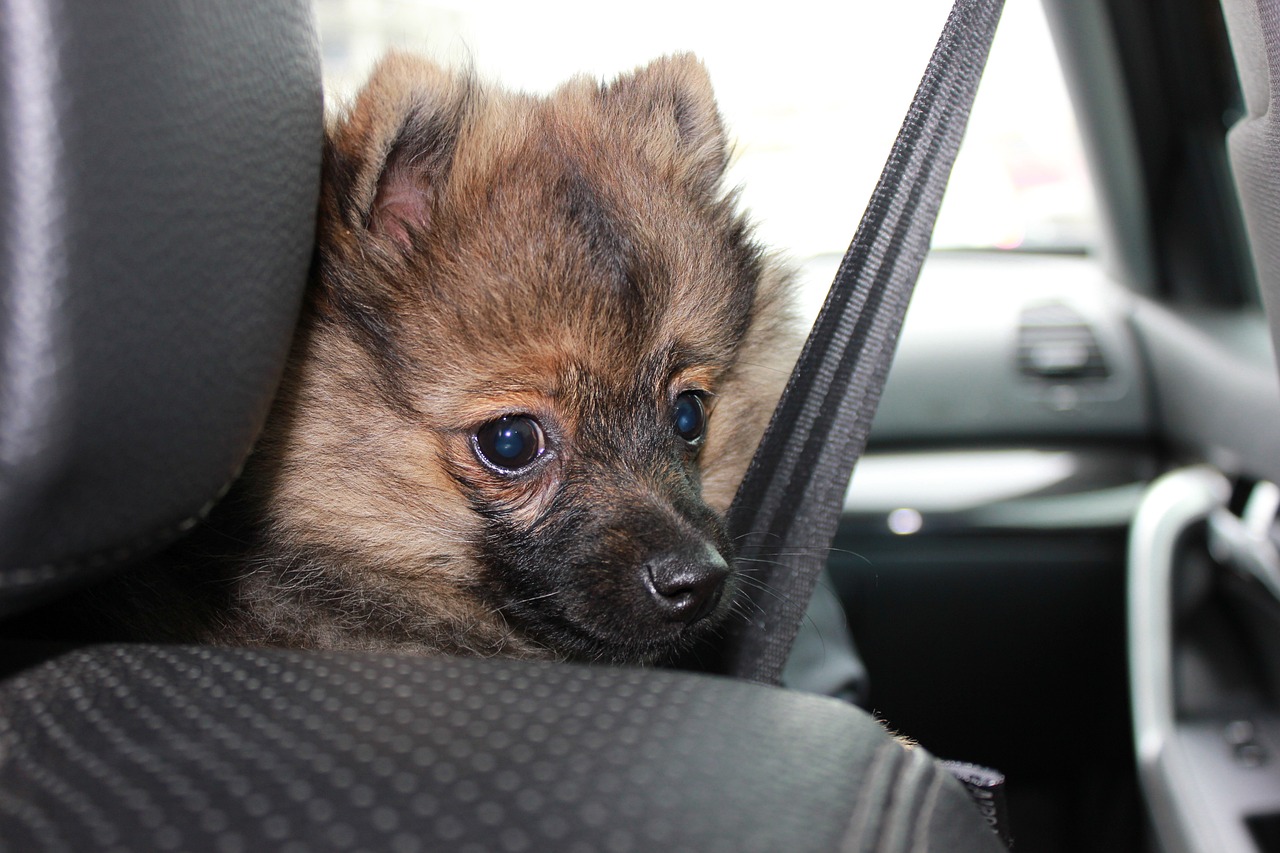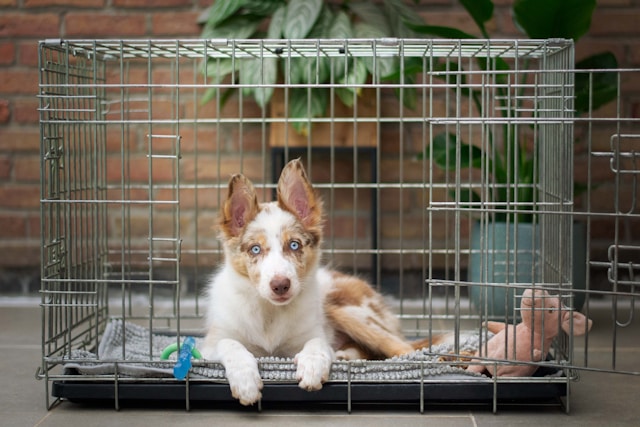How To Keep Pets Safe from Trash Hazards

Food bags, such as those used for chips, pretzels, and other snacks, are frequently made from a mylar-type material. If a pet inserts its head far enough into the bag, it can lead to choking or become stuck around their neck, cutting off their air supply.
Similar dangers can include plastic grocery bags, jars, cans, aluminum foil, and other packaging materials – anything your pet may attempt to squeeze its head into to reach something inside. Without timely intervention, serious consequences may arise, including the risk of death.
While food containers pose some of the lesser-known risks in the trash, there are others to be aware of, including:
-
Food Waste: Items like bones, cooking grease, meat trimmings, corn cobs, and strings soaked with meat juices (such as roast ties) can pose a threat. Certain foods like chocolate, grapes, or onions, which may be discarded in the trash, can be toxic to pets. Expired or spoiled food can also be enticing to their noses but could result in digestive issues like vomiting, diarrhea, choking, poisoning, or intestinal blockages.
-
Medications, Vitamins, Creams, and Supplements: Ensure safe disposal of unwanted or expired prescriptions, over-the-counter medications, and medical supplies. This keeps them out of your pet's reach and prevents active ingredients from entering the water supply. Near-empty cream tubes, whether medicated or not, can pose risks and should be disposed of safely.
-
Household Products: Cleaning supplies, insecticides, rodenticides, dishwasher or laundry detergents, air fresheners, and more fall into this category. Some of these products are toxic to pets, and even a lick of the containers may contain enough product to be deadly.
-
Prevention is Key: Besides safe medication disposal, be mindful of what you discard, and ensure all trash is promptly placed in pet-proof containers. Using a lidded kitchen trash container or keeping the garbage behind a door are effective methods or a combination of both. Remember to extend these precautions to trash cans throughout your home, including bedrooms, bathrooms, and laundry rooms. If you compost food scraps and yard waste, ensure your kitchen compost bin and outdoor compost pile are off-limits to pets. If you suspect your pet may have ingested something harmful, it is always best to consult your veterinarian immediately.
Taking these precautions and ensuring that all trash is promptly secured in pet-proof containers will make your home safer for your pets and maintain a tidier living environment.
Why is your dog rummaging through the trash?
This typical canine behavior can lead to a messy home and potential health risks, including toxic ingestions and hefty vet bills. Understanding the reasons behind it is crucial to put a stop to it:
Curiosity: Dogs are naturally curious creatures, exploring the world through their noses and mouths. The intriguing scents wafting from the trash bin pique their interest.
Hunger: Even well-fed dogs may seek extra treats in the garbage, especially if it contain food scraps or discarded packages.
Boredom: Dogs require mental stimulation and attention. They may resort to trash exploration to fill the void if they need more cognitive engagement.
Anxiety: Anxiety can manifest in destructive behavior like rummaging through the trash, particularly in dogs suffering from separation anxiety.
Inadequate Exercise: Dogs need physical activity to expend energy and stay content. When exercise is lacking, they may find alternative, often undesirable, ways to pass the time.
To prevent this behavior and its consequences, consider these nine effective strategies:
-
Compost food scraps to eliminate tempting odors from the trash.
-
Use locks or straps on trash cans to deter even the most determined dogs.
-
Employ ammonia as an unpleasant-smelling deterrent (use with caution in well-ventilated areas).
-
Experiment with bitter-tasting deterrent sprays, designed to discourage chewing and unwanted exploration.
-
Store trash cans out of your dog's reach, behind closed doors or in secured areas.
-
Keep your dog mentally stimulated with treat puzzles or interactive toys to prevent boredom.
-
Ensure your dog receives a balanced diet with the appropriate amount of nutrition.
-
Invest time in training your dog to refrain from trash diving.
-
Consider a dog-proof trash can with features like foot pedals and locking mechanisms to keep your pet out of the trash.
By implementing these strategies, you can maintain a clean home, prevent potential health hazards, and ensure your furry friend's well-being.
Get insurance plans with wide-ranging coverage options







